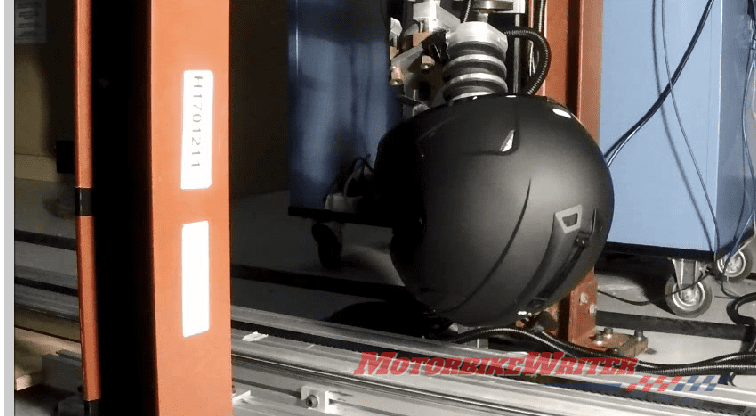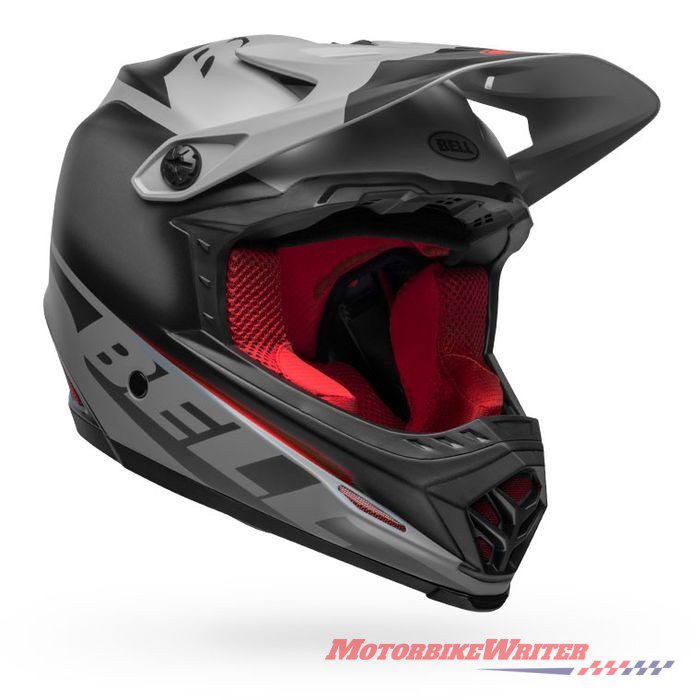Claims that some helmets protect riders from brain injuries caused by rotation have been questioned since there is no official testing procedure for those forces.
Swedish brain safety technology company MIPS (Multi-directional Impact Protection System) says they are concerned about the accuracy of claims made by a couple of recently released systems that they address rotational motion and reduce strain on the brain in certain impacts.
However, MIPS boss Johan Thiel says they are more concerned that there is no industry-wide standard from third-party testing organisations.
“We at MIPS have conducted more than 22,000 tests and we know that not all helmets are equally safe, not even the ones that claims to address rotational motion”, he says.
“Right now, almost anyone can claim that their helmet is reducing rotational motion because there is no standard they have to meet.
“This is serious and concerning for the users who think they are buying a helmet with added protection.”
MIPS tech
Motorcycle helmets with MIPS include: Answer, Alpinestars, AVA, Bell, Flaxta, Fly Racing, Fox, Kabuto, KTM, KYT, LS2 Helmets, Moose Racing, MSR, Salomon, Scott, Thor and TLD.
The MIPS-patented Brain Protection System (BPS) is designed to reduce rotational motion transferred to the brain from angled impacts to the head.
It MIPS activates 10-15mm movement in any direction in less than 10 milliseconds after an impact, reducing the tearing effects on the brain resulting from rotational motion.
Crash forces to the head can be divided into radial and tangential forces.
Testing for radial forces mostly demonstrates a helmet’s ability to protect against skull fracture.

Tangential force testing demonstrates a helmet’s ability to prevent potential brain injuries such as diffuse axonal injury, subdural hematoma, and concussion.
Currently, official helmet testing for consumers is only focused on radial forces.
Rotation testing
MIPS tests on other systems have found they do not reduce rotational motion to a sufficient degree.
Over the years there have also been more than 13 third-party tests conducted by insurance companies, universities and organisations that have incorporated the rotational motion test method, but no standard has been set yet.
“We welcome a vigorous scientific debate on all aspects of rotational motion solutions, because it needs to be a standard in place to protect the user,” Johan says.



